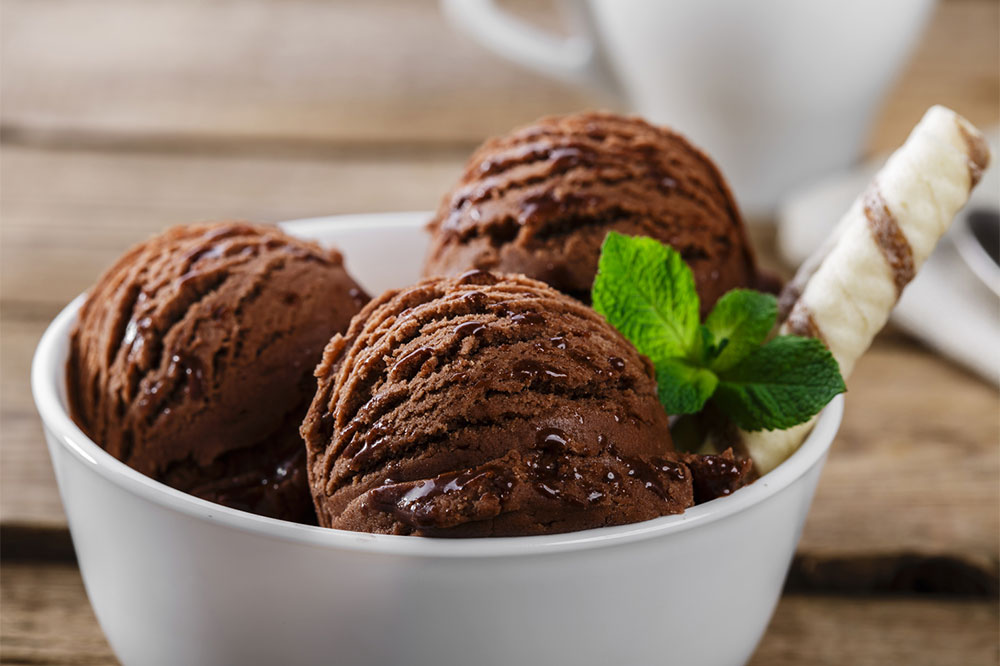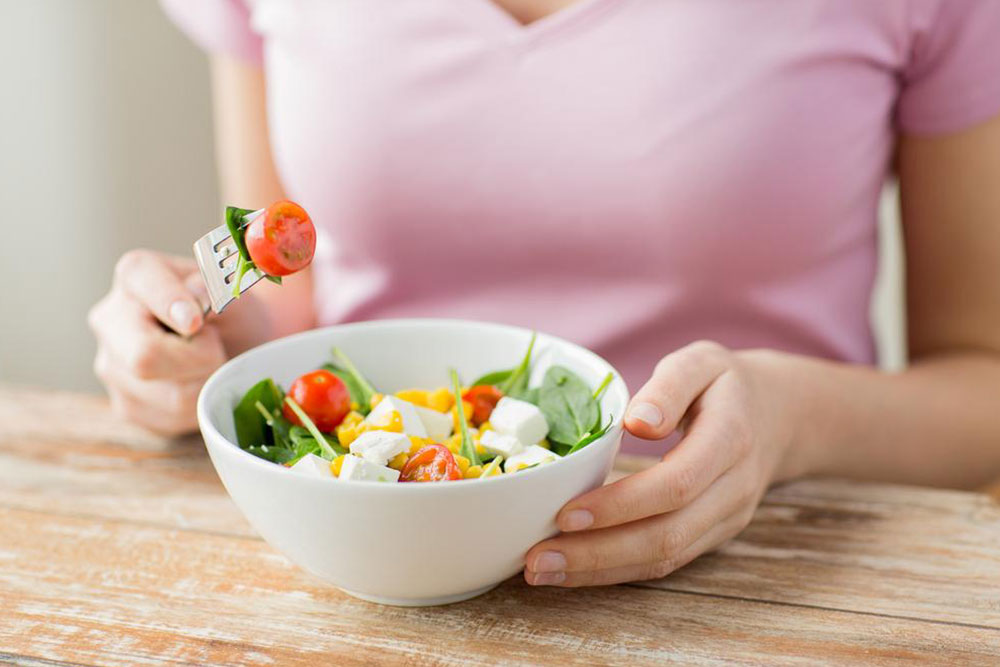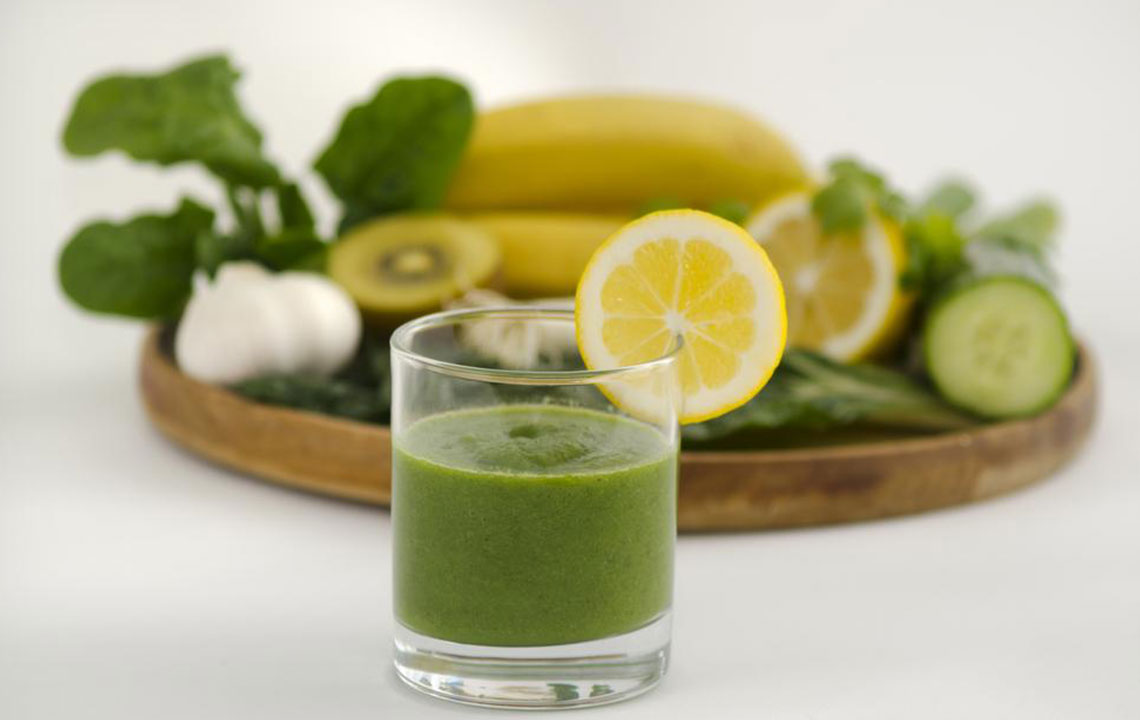The Ultimate Guide to Foods You Should Avoid Before Bedtime for Improved Sleep Quality
This comprehensive guide highlights seven common foods to avoid before bedtime to enhance sleep quality. By understanding how certain foods and drinks impact sleep, you can make smarter dietary choices for a more restful night. The article discusses the effects of chocolate, caffeine, greasy snacks, sugary donuts, alcohol, citrus fruits, and tomatoes on sleep, providing valuable tips for healthier late-night eating habits that promote better rest and overall wellness.

Top 7 Foods to Avoid Before Sleeping for Better Rest and Overall Health
Struggling to fall asleep or stay asleep through the night? While factors like reducing screen time, managing stress, and maintaining a consistent sleep schedule are crucial, your dietary choices in the evening play an equally vital role. Certain foods contain substances that can disrupt your sleep cycle, cause indigestion, or lead to uncomfortable dreams, ultimately affecting your overall sleep quality and health. In this comprehensive guide, we explore seven common foods you should avoid before bedtime to ensure you wake up feeling refreshed and rejuvenated.
1. Chocolate - Many lovers of chocolate might not realize that their midnight treat could be disrupting their restful sleep. Particularly dark chocolate contains caffeine and other stimulants that can interfere with the body's ability to relax. These compounds stimulate the nervous system, increase heart rate, and delay the onset of sleep, making it difficult to fall asleep quickly. Additionally, the presence of theobromine, a natural stimulant found in chocolate, can further hinder deep sleep stages, leading to fragmented and less restorative sleep cycles.
2. Caffeinated Beverages - Coffee, energy drinks, certain teas, and soda are significant sources of caffeine, a potent stimulant that can take hours to metabolize. Consuming these drinks late in the day can significantly delay sleep onset and reduce overall sleep quality. Experts recommend avoiding caffeine at least six hours before bedtime to prevent interference with your sleep pattern. Caffeine not only makes it harder to fall asleep but can also decrease sleep efficiency, resulting in lighter sleep stages and more frequent awakenings during the night.
3. Snack Chips and Fried Snacks - While crunchy, savory snack chips might satisfy late-night cravings, they are high in unhealthy fats, salt, and preservatives. These greasy foods are slow to digest and can cause indigestion, acid reflux, or stomach discomfort, especially when eaten close to bedtime. Additionally, consuming fried snacks may lead to vivid or unsettling dreams due to the elevated fat levels and disturbed digestion. Having heavy, greasy foods before bed disrupts the body's ability to relax and reach restful sleep, ultimately affecting your overall health.
4. Sugary Donuts and Sweet Pastries - Donuts are a tempting snack, but their high sugar and fat content can be detrimental to sleep. Excessive sugar intake spikes blood glucose levels, prompting a subsequent crash that can cause fatigue and irritability. Moreover, high-fat donuts slow digestion and can cause stomach discomfort, making it difficult to settle down for sleep. The sugar rush can also lead to hyperactivity, making it more challenging to relax and fall asleep quickly. Ideally, avoid sweet, greasy baked goods in the hours leading up to bedtime.
5. Alcoholic Drinks - Although a glass of wine may initially promote relaxation, alcohol consumption before bed can adversely affect sleep quality. Alcohol disrupts the sleep cycle, reducing REM sleep—the most restorative stage—and often causes fragmented sleep with frequent awakenings. It can also increase the need to visit the bathroom during the night and cause dehydration, resulting in dry mouth and discomfort upon waking. To optimize sleep health, limit alcohol intake and avoid drinking close to bedtime.
6. Citrus Fruits - Oranges, grapefruits, and other citrus fruits are highly nutritious but contain high levels of acidity. Eating citrus fruits late in the evening can lead to heartburn, acid reflux, or indigestion—common sleep disruptors. Additionally, the acidity may irritate sensitive bladders in some individuals, leading to frequent bathroom trips during the night. If you enjoy citrus, it's best to consume them earlier in the day rather than right before sleep.
7. Tomatoes - Tomatoes and tomato-based products like sauces and soups are flavorful but acidic, which can impair sleep. Consuming tomatoes late at night may trigger acid reflux or exacerbate indigestion, making it uncomfortable to lie down and sleep peacefully. Moreover, tomatoes contain tyramine, an amino acid that stimulates brain activity and can delay sleep onset. People prone to acid reflux should avoid tomato-rich foods in the evening, opting for lighter, non-acidic meals instead.
Conclusion - Creating a sleep-friendly environment starts with mindful eating habits. Avoiding these seven foods before bed can significantly improve your sleep quality, leading to better physical health, mental clarity, and overall well-being. Focus on lighter, sleep-promoting snacks in the evening, such as bananas, almonds, or herbal teas, to support restful sleep and wake up refreshed every morning. Remember, consistency in your eating habits combined with a healthy sleep routine is key to achieving optimal health and wellness.





